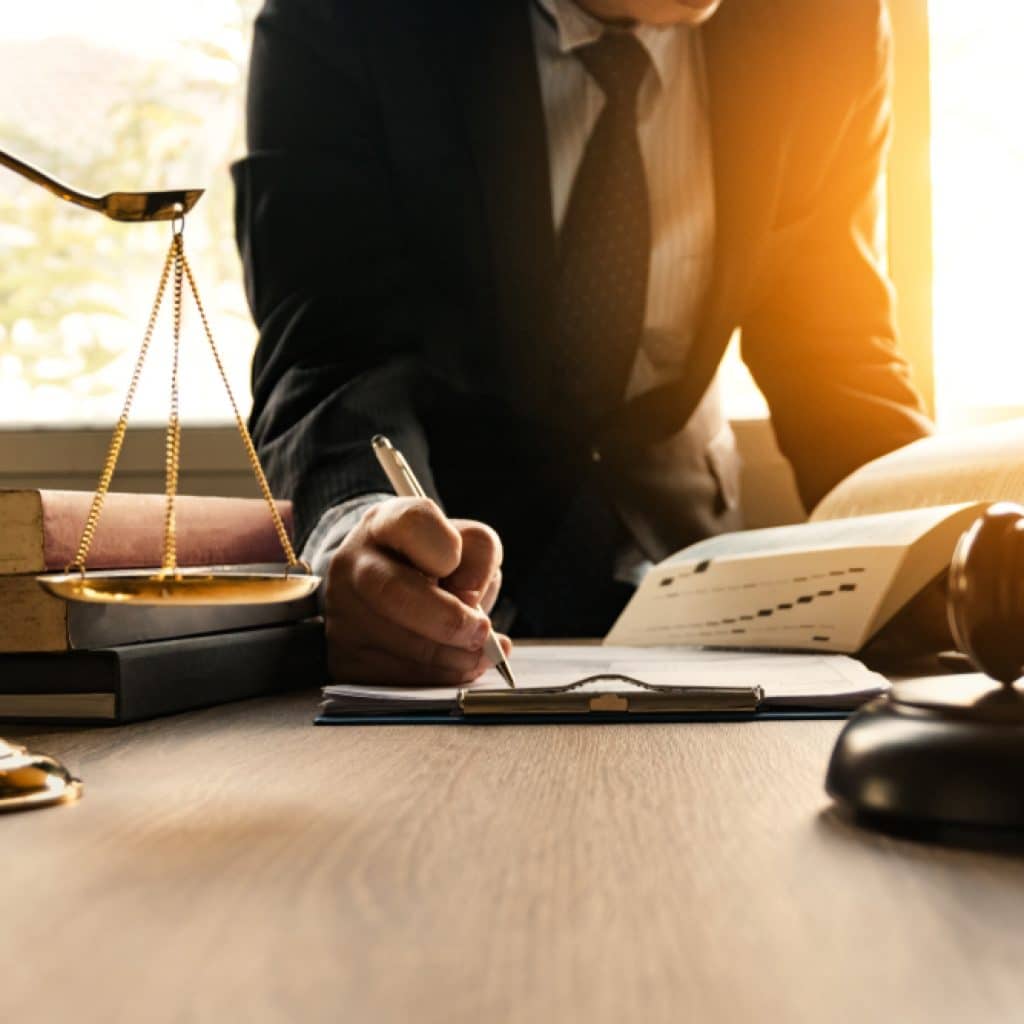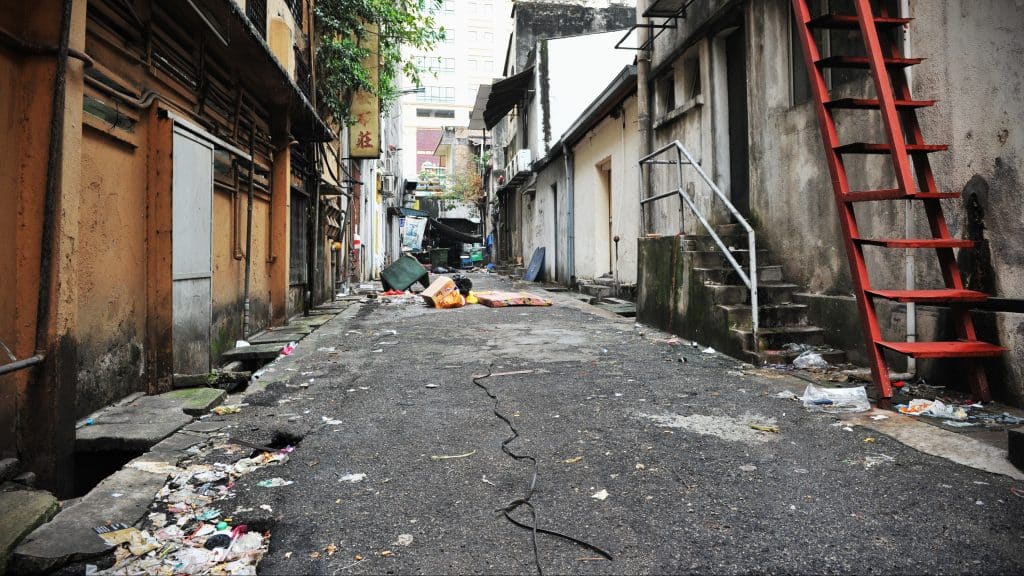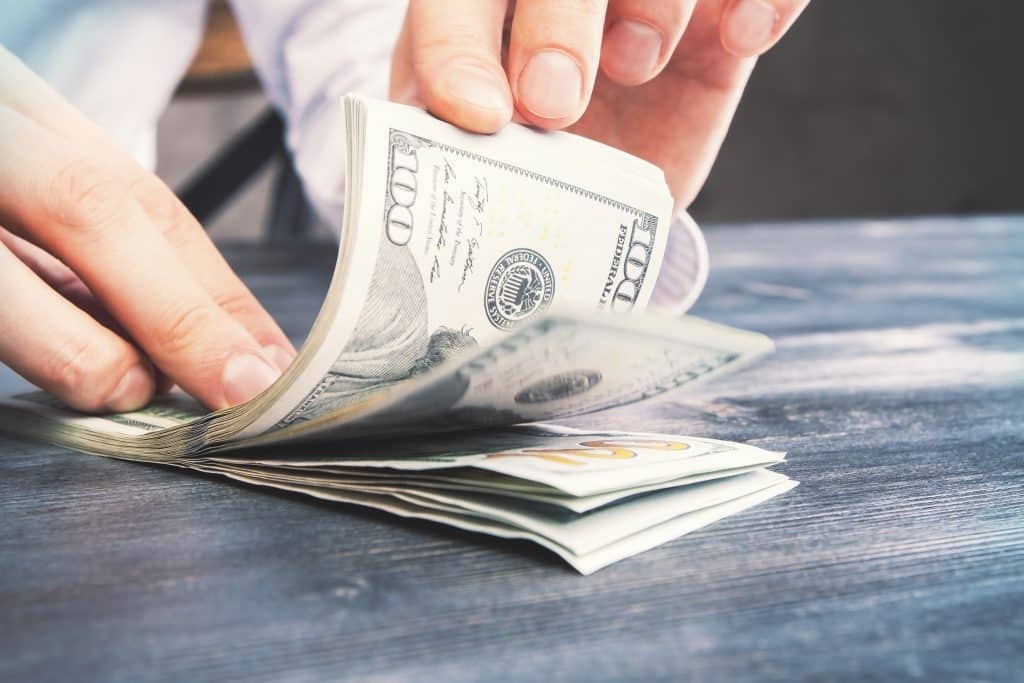When talking about access to justice, one question we should consider is who really has access. Legally, access to justice and fair representation should be afforded to all; but in reality, access is largely dependent on resources and education. Access to practically anything in this world, legal resources included, is based on a person’s finances, opportunities, and connections. Poverty, race, sexual orientation, gender, nationality/language, educational level, access to transportation, and physical disability are all factors that can make justice feel out of reach for many US citizens.
Statistics show that poor, minority people suffer disproportionately from the legal system as a whole, and from various individual laws that seem to work against them. But in what specific ways does wealth make a difference? And how does this happen in a country founded on the principals of “equality for all”?
Our legal system in a nutshell
Our legal system starts with the Constitution, which establishes a federal system of government. The U.S. Constitution is the supreme law of the United States of America. It specifies the authority of the federal government, establishes the judicial branch, and oversees federal courts. The U.S. Constitution also grants power to the U.S. Supreme Court, the highest court in the nation, which has ultimate appellate jurisdiction over all federal cases and many state cases as well.
Each of the 50 states has its own constitution to regulate government structure and legal codes. Federal courts only have jurisdiction over cases involving federal crimes, conflicts between different states, and international disputes. Most everything else gets handled by state courts.
The American Court system is largely based on the English Common Law system with two sides (the defendant vs the plaintiff), who argue their case before what should be an impartial judge (although we know that is often not how it goes), and sometimes a jury of their peers. In criminal cases, the prosecutor will often act as a plaintiff on behalf of the citizens or state.
Now, this is where the rich versus poor issue really comes into play. In the US, everyone accused of a crime has the right to legal counsel, meaning they are allowed to have a lawyer assist with their defense. Even if you don’t have money, a public defender will be assigned to your case, free of charge.

Sounds alright, but there is a catch. Public defenders are often straight of out college and less experienced than private attorneys. Not to mention, public defenders are notorious for being disinterested and disengaged. It should come as no surprise, since they are court employees and get paid the same whether they win or lose. They have even earned themselves a little nickname in many jails and prisons, “public pretenders”.
Connections matter also. They shouldn’t when it comes to the legal system, but they most definitely do. Say for instance, one of the top rated, most well-connected lawyers in your city knows the judge personally and they play golf every other weekend. That judge will be more naturally inclined to trust his buddy over the random public defender who has no reputation in the industry. It’s unfair, but that’s how it works.
Laws and poor people
Understanding the links between income, employment, and health is the first critical step to reducing poverty. But one other factor that is often overlooked is legal problems. Not only do poor and middle-class people get targeted by authorities more often than wealthy people, but the impact of the legal trouble is much more detrimental and long-lasting.

For someone who lives paycheck-to-paycheck, even something like a couple-thousand-dollar fine could have a negative effect on their finances for months to come, and felony charges can significantly reduce a person’s job prospects. If someone from a low-income family is jailed, leaving behind only one person to provide for the rest of the family (say dad gets locked up and mom is left to cover everything), that could lead to some serious life changes for everyone under that roof.
What if the free spouse/parent/other can’t afford the bills and housing payments anymore? They might lose their family home and have to move to a neighborhood that could possibly be more dangerous than where they are currently living. They might lose the ability to feed and clothe their children, they could struggle with transportation, healthcare, and other basic needs, and some might even end up homeless if they can’t find suitable housing with their newly reduced income.
Compare that to a wealthy family. Even if one person does end up in prison – which happens less often anyway because they have money for bail and good lawyers – they usually have a substantial amount of money in savings and an abundance of assets to keep the rest of their family secure.
Thank you for stopping in. Head over to the Cannadelics Weekly Newsletter for direct updates; and get access to awesome deals on cannabis buds, vapes, edibles, smoking devices and equipment, cannabinoid compounds, and some psychedelic products! Go get high responsibly!
The War on Drugs
The war on drugs, which we can all agree has been an absolute failure, was practically targeted at poor people and was a has been a major contributing factor to the ongoing cycle of poverty around the world. People who use heavy drugs often do so as a result of trauma, mental illness, and other life stressors, so these are people who may have already been marginalized by society before the drug use starts.
The war on drugs took what should have been considered a health and social issue, and turned it into a crime, further stigmatizing users. This resulted in mass incarceration of the of poor and minority individuals, leading to many of the lasting issues described above like less employment and educational opportunities, minimal housing options, and some have even lost their right to vote. Some states will permanently bar a person from participating in our democracy for felony convictions, regardless of what the crime was… how messed up is that?
This continues to be an ongoing issue. Data on current drug arrests is inconsistent and hard to analyze, but NORML estimates that there are still around 350,000 arrests annually for cannabis alone, many of which are black and brown men. And it’s rarely those in charge of the drug trade that suffer these consequences, it’s almost always the users and lower-level dealers, the people who have the most to lose in the first place.
“Affluenza”
Affluenza refers to a “psychological malaise supposedly affecting wealthy people”, characterized by an obsession with consumerism and wealth. To clarify, it’s not a medically recognized disease. Although the term has existed for a long time, as early as the 1950s, it was popularized in mainstream culture about ten years ago, during the 2013 trial of Ethan Couch.
Ethan Couch famously used the “affluenza” defense to get off on charges for killing four people while driving under the influence of alcohol and other drugs. Couch was speeding through a residential area when he hit a group of people who were assisting with a disabled SUV. Four people were killed and another nine were injured. He was 16 years old at the time and driving with a restricted license.
Couch’s family attorney argued that he suffered from “affluenza”, and he should receive therapeutic treatment rather than prison time. Interestingly enough, the judge agreed, and Couch was sentenced to 10 years of probation and an undermined amount of time at an inpatient facility for therapy. How this defense was actually able to work for him, I honestly have no clue. But it just goes to show that if you have enough money, the impossible becomes much more feasible. Some people might argue that he got off easy because he was so young, but if the driver of such a horrific accident had been a black 16-year-old male who did not have rich parents, he surely would have received jail time.

And it’s not just Couch who benefitted from the privilege of having good legal representation. Like I said before, it’s their family attorney. The entire Couch clan has an extensive history of breaking laws that dates back to the 1980s. Cumulatively, they have over 20 charges against them including traffic violations, financial disputes, reckless driving, and assault. On every occasion, they relied on their wealth and connections to get out of trouble.
Final thoughts
It doesn’t really matter where you are in the world, in most places, money talks; and if you’re rich enough, you can even get away with murder (I’m looking at you Laura Bush, John McAfee, Robert Durst, and others). The only people who really suffer from the consequences of their actions are the people who don’t have enough money, educations, or connections to fight the legal system. And they suffer long after they are convicted and have served their time.
Welcome one and all! Cool that you made it to Cannadelics.com. We’re an independent news platform with an eye on the burgeoning cannabis and psychedelics fields of today. Join us frequently to stay in-the-know on everything going on; and subscribe to the Cannadelics Weekly Newsletter, so you never miss a single thing.
The post Why Laws Only Apply to Poor People appeared first on Cannadelics.
Via https://cannadelics.com/2023/03/27/why-laws-only-apply-to-poor-people/
source https://rosalinaklerkx.weebly.com/blog/why-laws-only-apply-to-poor-people
No comments:
Post a Comment